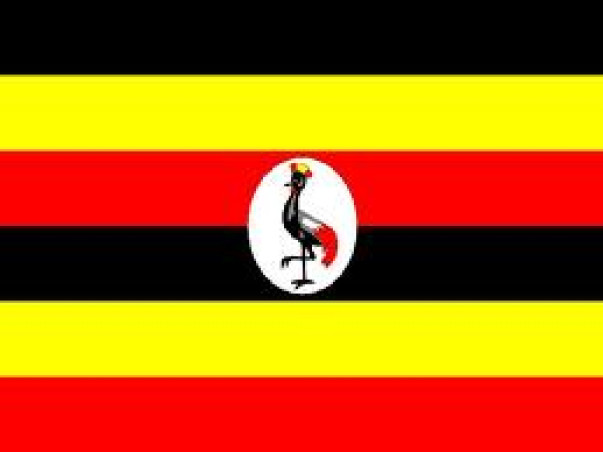Uganda to revise mobile money tax

By JULIUS BARIGABA
Despite Uganda’s President Yoweri Museveni saying that the unpopular mobile money tax is here to stay, his government has announced a review of the excise duty rate.
This comes even as it emerges that the Cabinet was divided about the tax rate and several government officials even came out publicly to disown it.
In the budget presented in parliament last month, Finance Minister Matia Kasaija imposed a one per cent levy on mobile money transactions including receiving, paying and withdrawing cash, before later disowning the rate after it elicited a public uproar.
Also unpopular is the daily Ush200 ($0.05) Over The Top tax on social media services, projected to generate Ush720 billion ($192.2 million) over the course of the financial year.
Demonstrations against the social media tax were led by legislator Robert Kyagulanyi Sentamu, who cited its negative impact on individuals as well as a number of emerging sectors like the performing arts and companies that use social media to do business.
The tax was introduced as part of the Excise Duty (Amendment) Act 2018, in an effort to find alternative sources to raise revenue to fund its Ush32 trillion ($8.5 billion) budget for the 2018/2019 financial year.
Out of this amount, Ush17.5 trillion ($4.67 billion) is to be raised from internal sources, which will be challenging given that at 14.2 per cent the country’s tax-to-GDP ratio remains very low — pushing the government to raise funds through local and external borrowing.
But, barely a fortnight after the new taxes came into effect, the government has moved to revise the mobile money tax downwards and even refund users, in what President Museveni now says was a law passed and assented to in error.
“When parliament reconvenes, they will be requested to correct it. Where deductions have been made, people should have their money reimbursed,” he said in a statement on July 12.
A day before the president’s statement, Prime Minister Ruhakana Rugunda told parliament that since the Act came into force on July 1, the government had noted several concerns raised by the public, especially over the tax rates.
“The president has provided guidance on the matter and encouraged further discussion with a view to reaching consensus on how we should raise the revenue to finance our budget and undertake the development agenda without placing an unbearable burden on citizens,” said Dr Rugunda.
However, the government’s bid to raise more revenue faces even more hurdles as the majority of telecoms customers switch off their social media apps and mobile money platforms.
Dr Rugunda urged lawmakers to expedite the review of the taxes and the government plans to table an amendment to the excise duty law on July 19.
The government sees mobile money and social media as a major way of raising revenue, as official data shows that each day, $52 million — or $19 billion a year — is moved through mobile money alone.
President Museveni argues that the mobile money tax is necessary for revenue generation, so what parliament should determine is the amount to tax.
“How much can the state take away to balance its budget without hurting users? That is how the idea of 0.5 per cent for sending and 0.5 per cent for receiving came up. Due to the newness of the measure, the figure of one per cent came up by mistake. I signed the law with the error because we could not delay the other measures,” the president said.
SOURCE:THE EASTAFRICAN
 Africas leading resource for digital financial services
Africas leading resource for digital financial services


comments